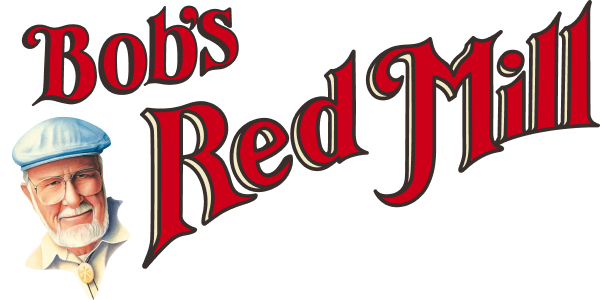


 Earlier, I mentioned those mushy home fries that I used to make in my own kitchen, in contrast to the deliciously crispy ones I used to get at brunch on Sunday morning! One of the main reasons for this is parboiling. Potatoes are extremely starchy, as you may know, which makes them really tough to break down during the cooking process. One of the best ways to do this is by boiling, but obviously, boiling will not produce that delicious crunch that we are working toward. The process of parboiling your potatoes actually gets rid of a lot of the simple sugars and starches in your potatoes, and gelatinizes a layer on the surface of the potatoes. When you then transfer the potatoes into a different cooking method, this layer becomes dehydrated and browns as it cooks, creating that nice crunchy, crisp outer layer that we love to bite into!
Earlier, I mentioned those mushy home fries that I used to make in my own kitchen, in contrast to the deliciously crispy ones I used to get at brunch on Sunday morning! One of the main reasons for this is parboiling. Potatoes are extremely starchy, as you may know, which makes them really tough to break down during the cooking process. One of the best ways to do this is by boiling, but obviously, boiling will not produce that delicious crunch that we are working toward. The process of parboiling your potatoes actually gets rid of a lot of the simple sugars and starches in your potatoes, and gelatinizes a layer on the surface of the potatoes. When you then transfer the potatoes into a different cooking method, this layer becomes dehydrated and browns as it cooks, creating that nice crunchy, crisp outer layer that we love to bite into!